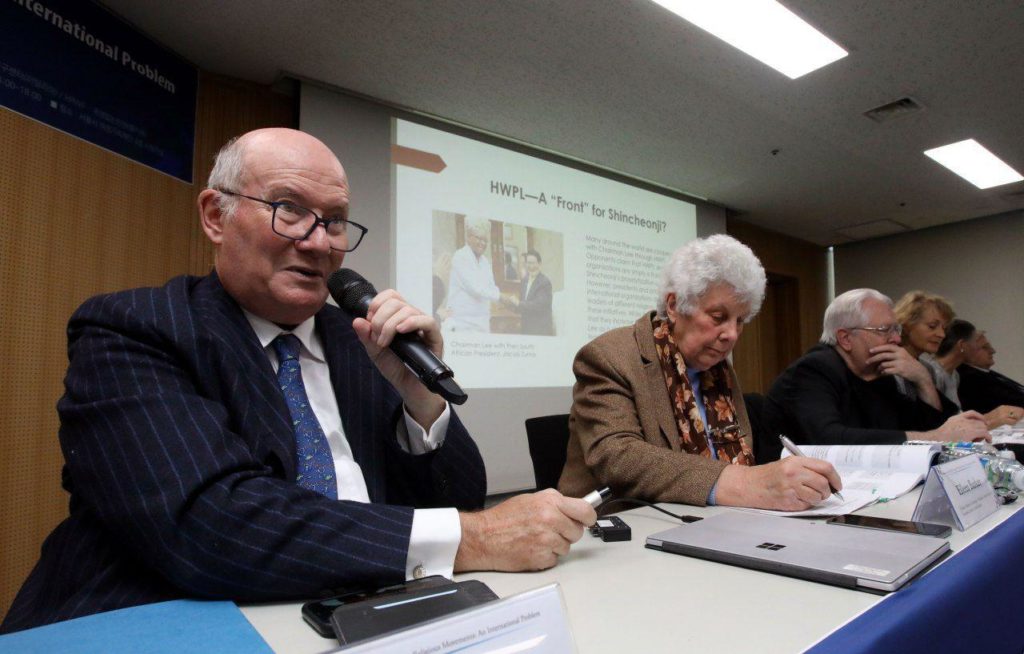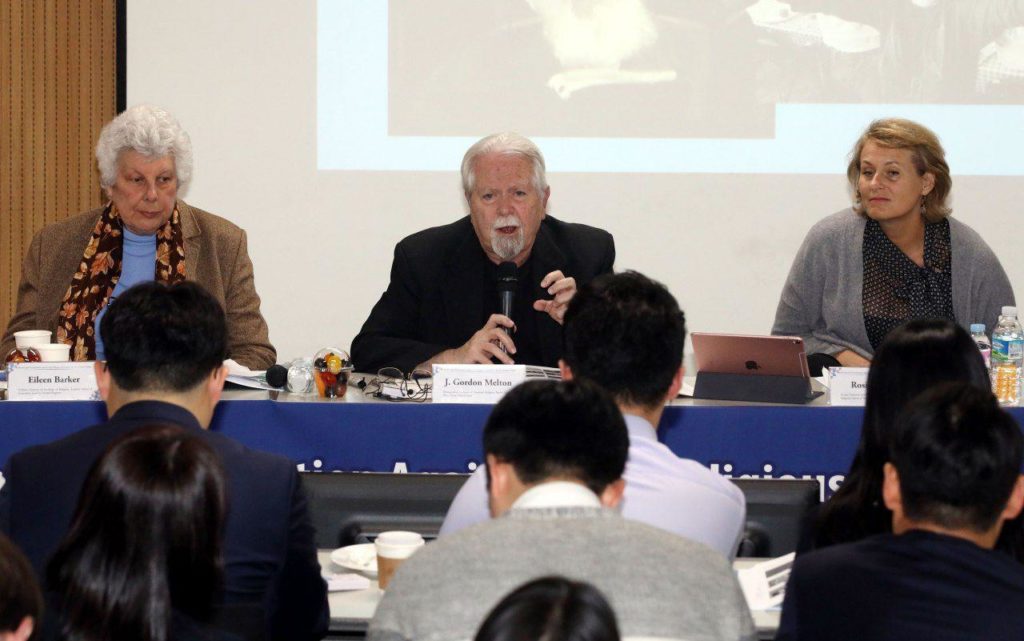Forced conversion that violates human rights becomes an international problem

Change language:
On 29 November, Center for Studies on New Religions (CESNUR) from Italy and Human Rights Without Frontiers (HRWF) from Belgium hosted a seminar on human rights entitled “Intolerance and Discrimination Against New Religious Movements: An International Problem”.
Sponsored content
This seminar, held in Seoul, South Korea, was devoted to the protection of the rights of religious minorities targeted by the majority groups, particularly in the context of anti-human rights situations such as the forced conversion that occurred in Korea.
Forced conversion, also known as “Deprogramming”, is a social issue that causes human rights violations by kidnapping and detaining the members of religious groups labeled as “cults” by their opponents in order to compel them to abandon their faith.
More than 80 participants including legal experts, journalists, and civil society representatives reviewed the current situation of forced conversion and discussed solutions to defend the freedom of faith and human rights that have become the norm of the international community.
Massimo Introvigne, Managing Director of CESNUR as well as an Italian sociologist, stressed that forced conversion is conducted through the mainstream by saying, “Korean deprogrammers are specialized pastors from the mainline churches, most of them Presbyterian.”

“The protests that commemorate the victims from forced conversion were mentioned in the 2019 U.S. State Department Report on Religious Freedom, including violations of religious freedom in the year 2018. However, there were new cases of deprogramming even after their death,” he criticized.
As a matter of fact, one of the representative denominations that suffered from coercive conversion committed in South Korea is Shincheonji Church of Jesus which is the newly-rising denomination, and this is the representative case where new denomination is being suppressed by the traditional religion.






